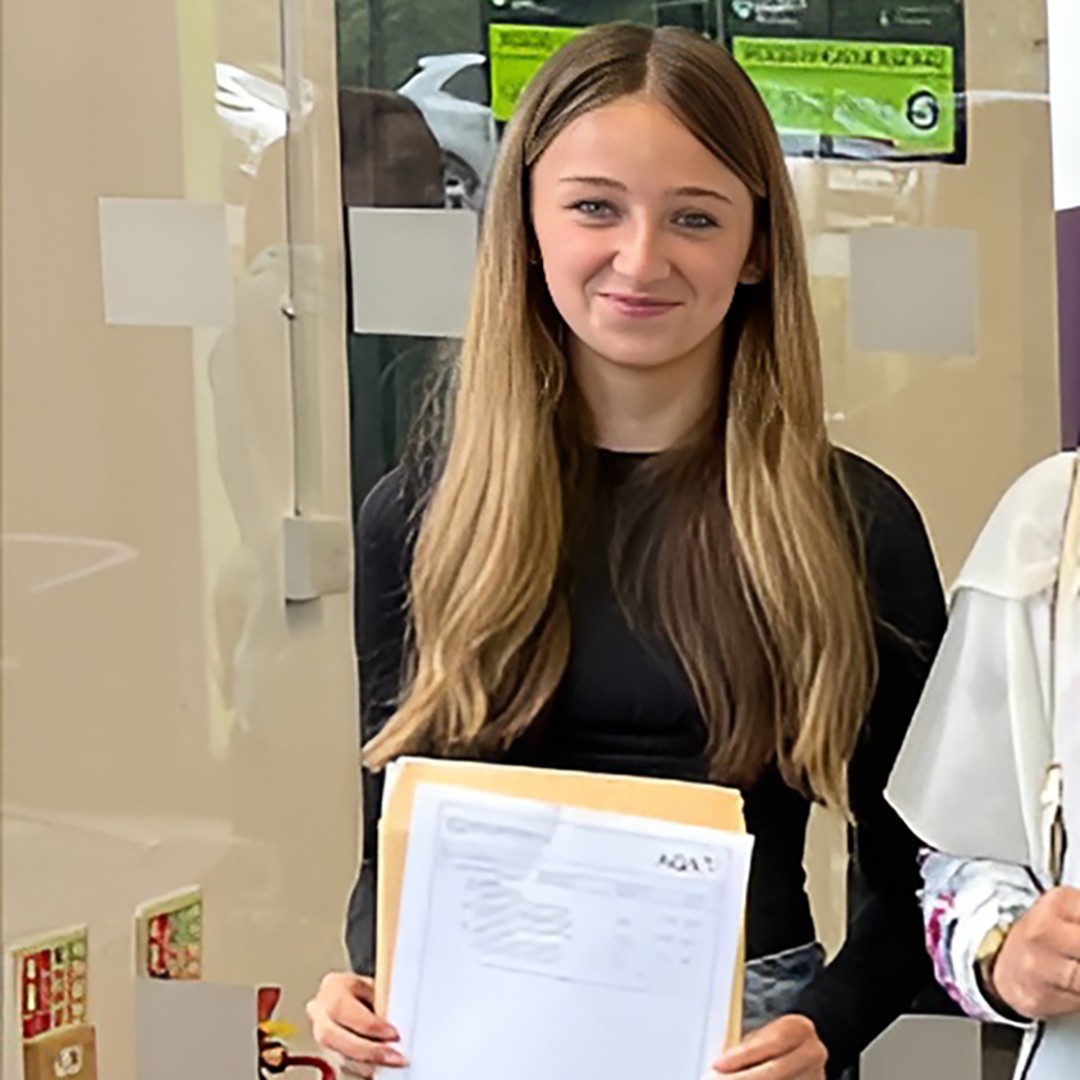404 Error: Page cannot be found
Page : https://www.bmatstemacademy.org//403/gcse-economics
The page you were looking for cannot be found. It may have moved or been deleted.

08/03/24
It was an honour to host @anjahuja of the Financial Times to talk about scientific careers for women👩🔬An informative and inspiring session for 50 of our students 🧠 pic.twitter.com/9d65FUqjXW
08/03/24
On #InternationalWomensDay we’re celebrating Vic Bulter 🙌 Teacher ➡️ SENCO ➡️ Assistant Principal and Executive SENCO at Mark Hall Academy 💙 and BMAT STEM Academy 💜#IWD2024 #InspireInclusion pic.twitter.com/CGyFarKogw

08/03/24
On #InternationalWomensDay we’re celebrating Vic Bulter 🙌 Teacher ➡️ SENCO ➡️ Assistant Principal and Executive SENCO at Mark Hall Academy 💙 and BMAT STEM Academy 💜#IWD2024 #InspireInclusion pic.twitter.com/CGyFarKogw

27/11/23
🏀 Our basketball team are heading to the county finals!We're proud of our team, who defended their Harlow title. On to the next round, where we contend to be Essex Champions.Students have shown an interest in our A-Level sports course, an exciting development to our provision. pic.twitter.com/tDi2HZ8xWR

10/10/23
🟢 OPEN EVENING FOR YEAR 10 SEPTEMBER 2024 ADMISSIONS🟢 We're looking forward to welcoming prospective students and families to BMAT STEM Academy on Thursday 12th October. 🟢 Applications for places in Year 10 can be made using this form: https://t.co/njwSuoFip2 pic.twitter.com/PG7ac7XgI1

20/09/23
OPEN EVENING FOR YEAR 10 SEPTEMBER 2024 ADMISSIONSWe're looking forward to welcoming prospective students and families to BMAT STEM Academy on Thursday 12th October. Applications for places in Year 10 can be made using this form: https://t.co/wyAIO5Y1Zs pic.twitter.com/JMoJxEcFC7

25/08/23
"I am happy with my results. I didn't think I would do as well as I have. The school has been really supportive in getting me here."Congratulations to Scarlett, who will be studying 3D design, statistics, English literature and either maths or biology.https://t.co/NsHx4oMIQl pic.twitter.com/JWSgJWwgk8

24/08/23
"We are delighted our students have achieved excellent results in their GCSEs which have put them in a very strong position." - Dave Ramsey, Head of CentreWell done to all students collecting their #GCSEResultshttps://t.co/1jzV2pBH80 pic.twitter.com/DcU21JeGVa

18/08/23
"Neila has been really happy here. The school has been really good."Mr Ramsey, the head, went out of his way to help Neila and to give her his support."Congratulations to Neila, who is going to @unilincoln to study interior architecture.https://t.co/oZORWWvaqh pic.twitter.com/gyiDY6tztL

18/08/23
"My results are better than I was hoping for. It was quite nerve-racking waiting for them."Congratulations to Owen, who has secured his engineering apprenticeship with TClarke.https://t.co/oZORWWvaqh pic.twitter.com/97eymwEuTh

18/08/23
"The teachers have been wonderfully supportive of George, both academically and personally."It is definitely a school I would recommend."Congratulations to George, who is going on to @portsmouthuni to study physics.https://t.co/YaToBmiOgm pic.twitter.com/Qr2tt7hKWF

17/08/23
"Neila has been really happy here. The school has been really good."Mr Ramsey, the head, went out of his way to help Neila and to give her his support."Congratulations to Neila Ali, who is going to @unilincoln to study interior architecture.https://t.co/0To4hrUrHB pic.twitter.com/djXUWaI3kA

17/08/23
"My results are better than I was hoping for. It was quite nerve-racking waiting for them."Congratulations to Owen Keen, who has secured his engineering apprenticeship with TClarke.https://t.co/ZYWnaQmAhU pic.twitter.com/Jt54iNzGTB

17/08/23
"The teachers have been wonderfully supportive of George, both academically and personally."It is definitely a school I would recommend."Congratulations to George Dilworth-Wild, who is going on to @portsmouthuni to study physics. pic.twitter.com/OS7kLCndIf

17/08/23
“We'd like to thank all our parents and families, teachers and students who have worked so hard to get to where they are now.” - Dave Ramsey, head of centreWell done to all students collecting their #ALevelResultshttps://t.co/NaykbtwcOl pic.twitter.com/leUufmNpJL

17/08/23
“We would like to thank all of our parents and families, teachers and, most importantly, students who have worked so hard to get to where they are now. We look forward to hearing all about their future successes.” - Dave Ramsey, head of centrehttps://t.co/KYY5AdkwKu pic.twitter.com/dxsJgNYwh0
17/07/23
It’s been such a pleasure hosting you and the team @OracleHealth and @NHSHarlow. We welcome any of our sponsors to use our facilities to thank you for the amazing support you give to our learners. @yourharlow @BMAT_Trust
17/07/23
We are here today at @BMATSTEM with colleagues from @OracleHealth and @NHSHarlow for something called Project Team Readiness. This is where we come together ahead of tomorrow’s official Electronic Health Record (EHR) project launch #AlexHealth pic.twitter.com/h7mRnIWb9q
17/07/23
FREE summer activities for 11-16yr olds @MrsdaVighi @markhallacademy @bmatsfg @BMATSTEM @yourharlow @HarlowCouncil @RainbowHarlow Book in now for a summer of music and fun #Harlow https://t.co/RtSxayzzAa pic.twitter.com/UNugsJE2Qd

17/07/23
FREE summer activities for 11-16yr olds @MrsdaVighi @markhallacademy @bmatsfg @BMATSTEM @yourharlow @HarlowCouncil @RainbowHarlow Book in now for a summer of music and fun #Harlow https://t.co/RtSxayzzAa pic.twitter.com/UNugsJE2Qd
Outstanding Education
Supporting primary and secondary schools across Essex and North & East London, BMAT is a growing multi-academy trust with a singular vision: schools, teachers and pupils freed to succeed.
Visit BMATThe page you were looking for cannot be found. It may have moved or been deleted.